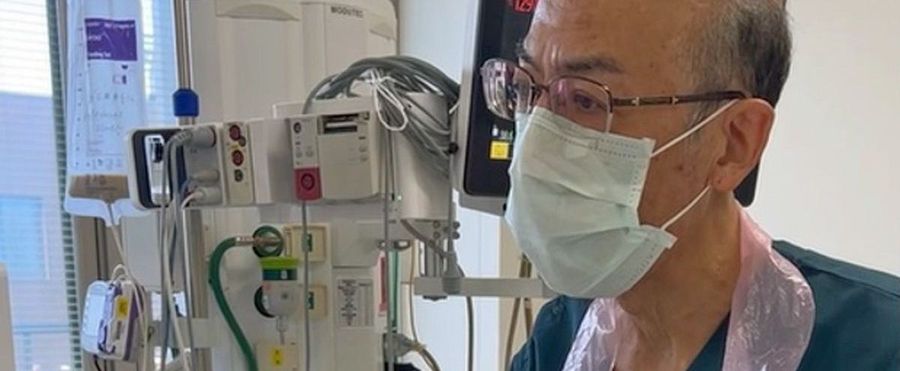After a recent surge in bear attacks in rural Japan, nearly 80% of survivors are showing signs of post-traumatic stress disorder (PTSD). This comes amidst concerns regarding increasing bear human-encounters and the mental health support available to the victims. Efforts are underway to curb the rising human-wildlife conflicts, along with calls to improve local mental health resources.
Due to Japan's densely forested countryside where a number of communities reside, human-bear encounters are a pressing societal issue. The trauma from such encounters, reflected in rising PTSD cases, brings forth the urgent need for mental health support and interventions. The values of community safety and mental well-being are underscored in public discussions.
In the US and EU, wildlife encounters are also a concern, particularly in rural and wilderness areas. Similar to Japan, there are efforts to educate residents about managing wildlife encounters and the provision of support for trauma survivors. However, healthcare systems and accessibility to mental health support vary significantly, ranging from universal healthcare models to insurance-based systems.

